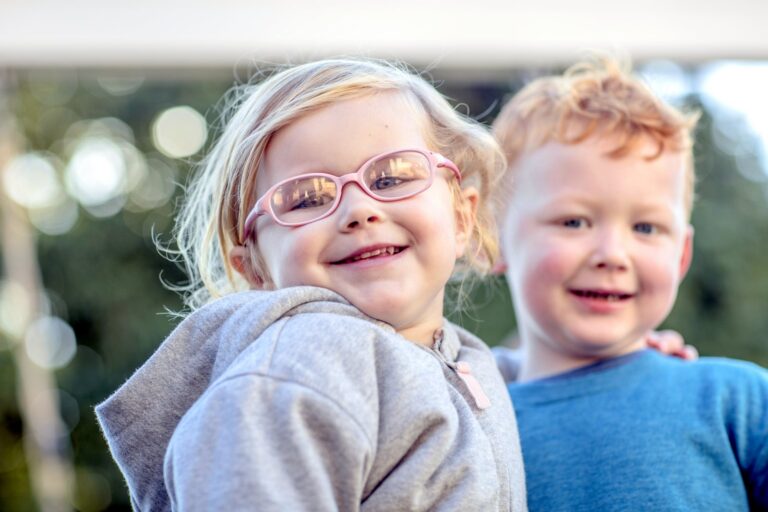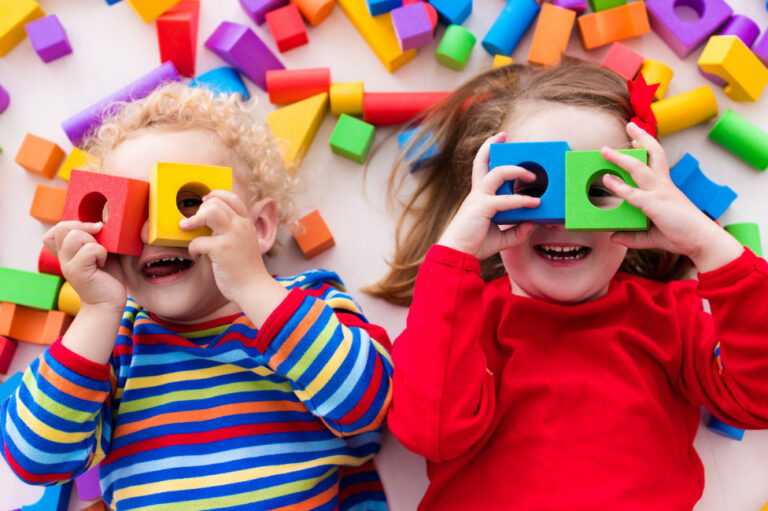Tips and Techniques
- Move the child away from the offending sound/noise toa quieter part of the classroom.
- Move the child to a position in the class where he/she may have a wall on one side
- Also try to record what the offending sound or noise is.
- Turning on a white-noise recording can be very helpful for some children
- Wear noise-cancelling headphones
- Encourage the child to listen to music that he likes and enjoys
- Add in proprioceptive activities from the Proprioceptive section, as these activities are calming and organising.
- Develop a Therapeutic Listening sound therapy programme for the child to remediate any sound sensitivity or filtering issue.
This can be developed by contacting the creators of this programme and also in future training of teachers in Therapeutic Listening by the creators of this programme.
If your child presents with difficulty on the auditory section of the sensory checklist, we have found the best approach is to follow a Therapeutic ListeningTM programme as devised by a qualified practitioner.
What Is Therapeutic Listening™
Therapeutic Listening is a form of sound-therapy that combines sound stimulation with other sensory integrative techniques to stimulate brain processing. Frick et al. 1993.
Our experience has shown that Therapeutic Listening™ can help to develop optimum levels of regulation & calmness, attention and listening skills, better comprehension of language & ability to produce sounds, phrases and sentences and learning in general…
How Does Therapeutic Listening Work?
A specific Therapeutic Listening programme is developed by your Therapist i.e. Speech and Language Therpaist or if you decide to do the training in this approach with us then
you can learn to create the programmes yourself under our supervision. Each child will have their own programme of modified classical music which they will listen to over specialised headphones ideally twice per day.
Generally listening can take place at home or at school , or a combination of both..
The programmes generally take place 5 days per week. The programme generally runs for 30 minutes approximately twice per day.
Each programme is reviewed regularly with the view to moving to the next stage in the programme.
A Therapeutic Listening programme can be a vital part of a sensory-diet for any child as it impacts on the ‘neuroplasticity’ of the brain and has the potential to impact on all areas of development.







